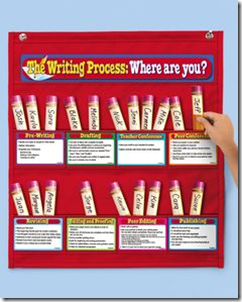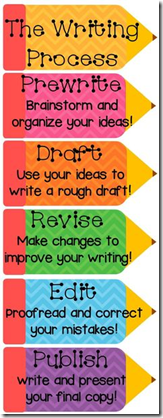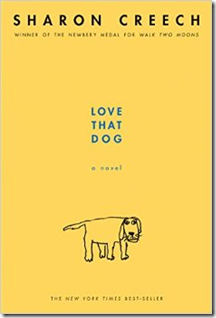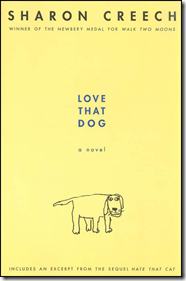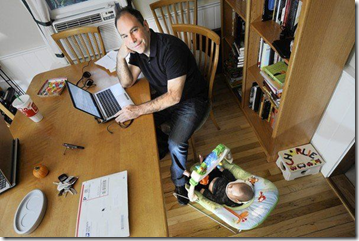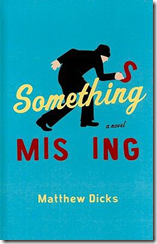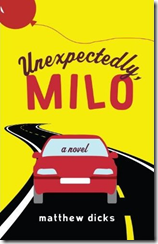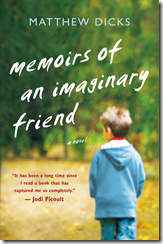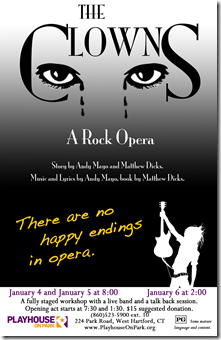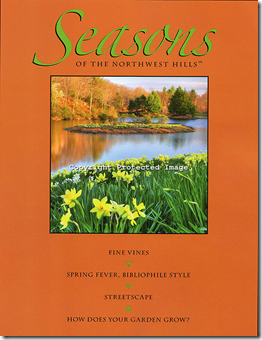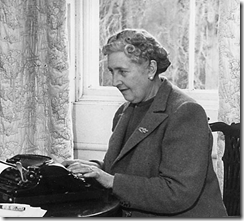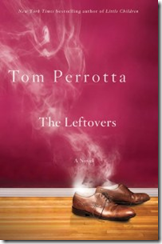Writing advice from a toddler that authors should heed carefully
/When my daughter was three years old, still unable to read, she taught me three invaluable lessons about the craft of writing. Specifically, she offered three specific pieces of criticism made an impression on me as an author and remain with me today.
1. Don’t overwrite. More importantly, don’t refuse editing.
After watching some of its more famous musical numbers on YouTube, Clara and my wife sat down to watch Mary Poppins in its entirety for the first time.
Three years later, she still has yet to see the complete film.
While her interest admittedly waned throughout the film, her most telling comment came just over thirty minutes into the movie when she stood up from the couch and said, “Too long!”
She’s right. At 139 minutes, the film is far too long for most three-year old children, and it might be too long in general. As much as I loved Mary Poppins as a child, a two hour and nineteen minute children’s musical probably could have stood a little more time in the editing room.
Authors often have a great deal to say. We try to restrain ourselves as much as possible, but it often requires the expertise of an agent and an editor to bring our stories down to a length that will maintain a reader’s interest. It’s not an easy process. My agent has chopped whole chapters out of my book. My editors has murdered my characters. Hours and hours of work and strings of carefully honed, treasured sentences lost forever.
But better to lose an entire chapter than to have a reader toss down the book and shout, “Too long!”
2. Conflict is king. Backstory and resolution are secondary.
With almost any television show that Clara watches, she exhibits the same pattern of interest:
As the conflict in the story rises, she remains riveted to the program. But as soon as the resolution is evident, even if it has not yet happened, her interest immediately wanes. She will walk right out of the room before the resolution even takes place if she can see it coming.
It’s a good lesson for authors to remember. It is conflict that engages the reader. Backstory and resolution are necessary, but these elements should occur within the context of the conflict as often as possible and should probably occupy the fewest number of pages as possible. Keep the tension high throughout the story and keep the conflict ever-present in the readers’ minds and you will hold their interest throughout.
3. Keep your promises to the reader.
Clara does not appreciate when a television show goes off-book or changes genres midstream. Her favorite show for a long time was The Wonder Pets. It’s a program about three preschool class pets who moonlight as superheroes, saving baby animals around the world who are in trouble.
But occasionally the writers of The Wonder Pets decide to step outside this proven formula. In one episode, The Wonder Pets save an alien who is trying to return to his planet. In another, two of The Wonder Pets must save the third from peril. One episode is essentially a clip show in which the baby animals that they have already saved return to thank The Wonder Pets for their help.
Clara hated these episodes. The alien episode scared the hell out of her. She fled the room saying, “Not this one! Not this one!” The other more experimental episodes never manage to keep her interest.
Clara is invested in The Wonder Pets because of the promise of baby animals being saved and returned to their parents by the three characters who she adores.
It’s a good lesson for authors who sometimes offer the reader one thing but then give them another. This can happen when authors fail to remain faithful to the genre in which they are writing, infusing their fantasy novel with a sudden splash of science fiction or bringing serious social commentary into what was supposed to be an escapist detective or romance story.
Authors make promises to readers and then must deliver on them because readers are not simply empty vessels awaiting for the author to impart whatever wisdom he or she deems worthy. Readers are discerning customers who need to be able to trust an author before investing time and money into a book. There are many reasons that readers purchase books, but it is rarely because they think the author is a wonderful person and whatever he or she has to say will be worthy. Most often, they buy books because of a promise made by the author. A promise of genre or character or plot or quality of the writing.
Authors must be sure to keep these promises or risk having their readers shout, “Not this one! Not this one!"









